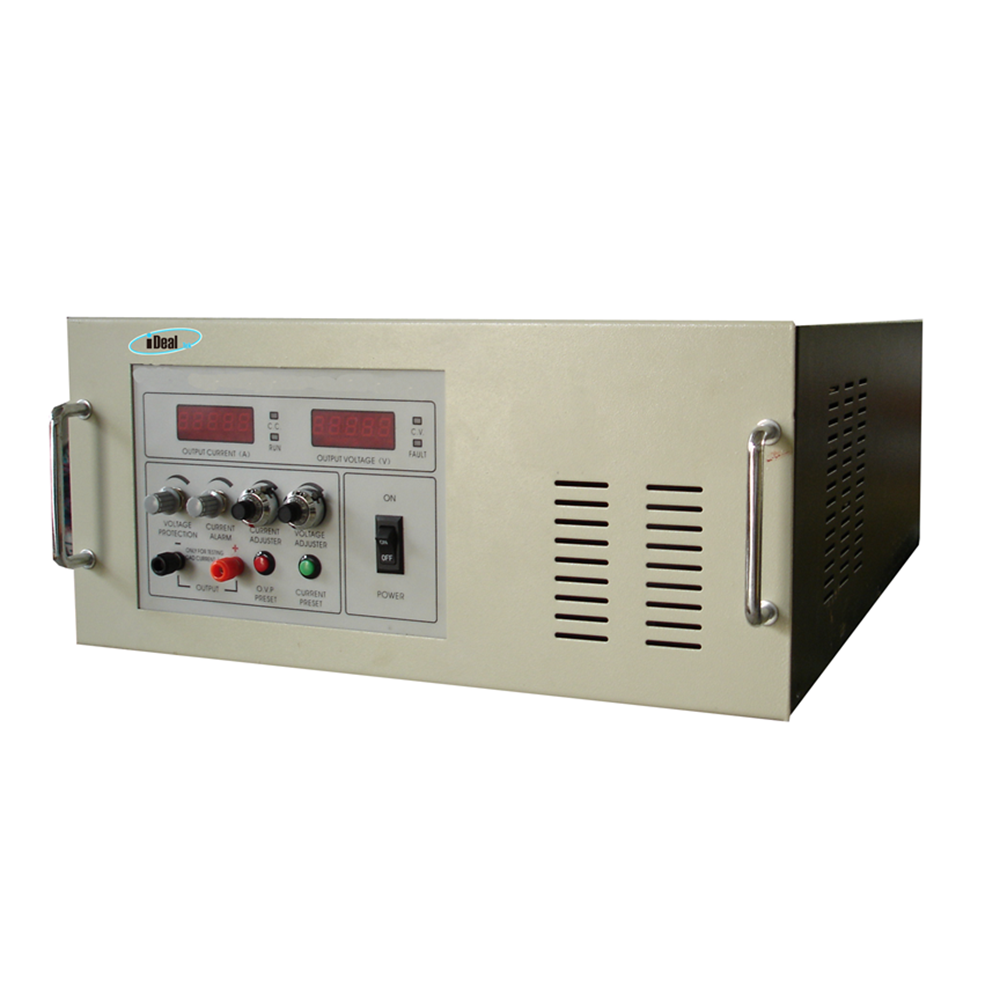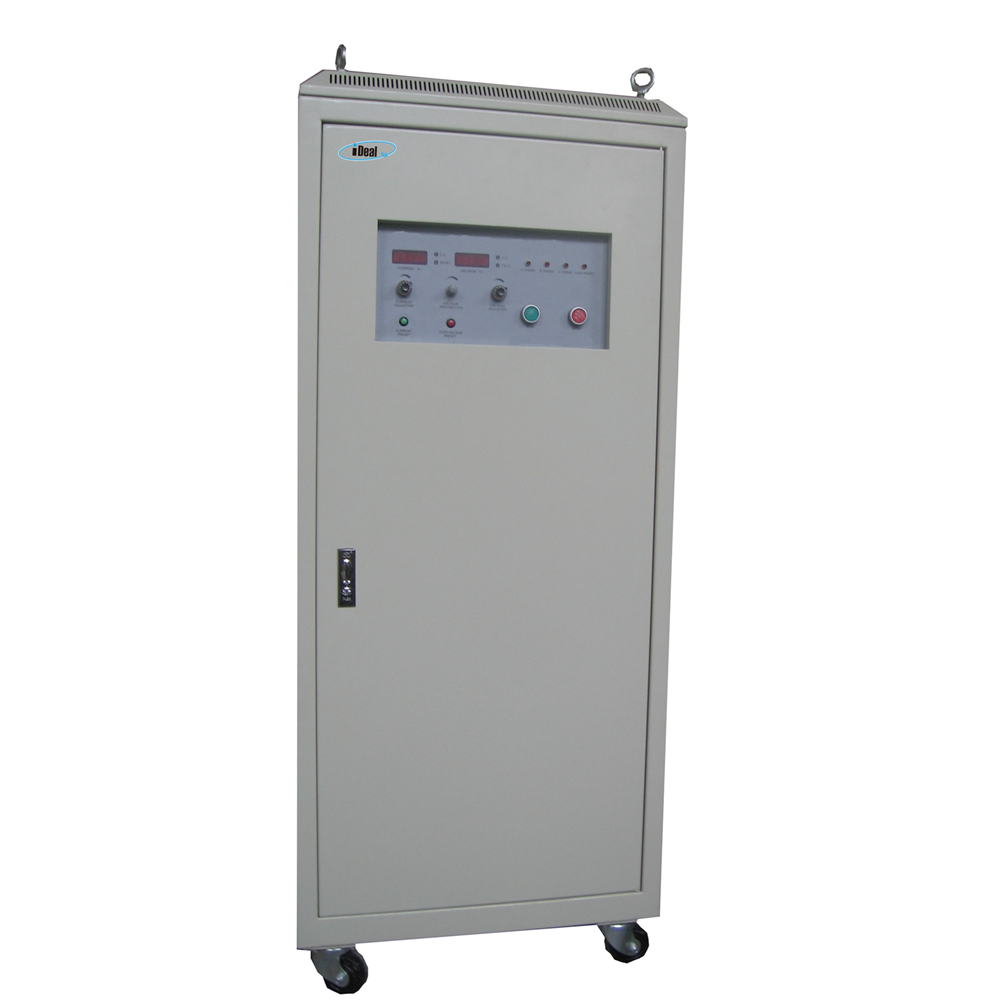Washington is witnessing a growing battle between the U.S. and China over technological supremacy, as both nations prioritize national security and economic interests. The conflict is increasingly centered on control of critical technology sectors, with the U.S. government taking strong measures to prevent foreign entities from acquiring strategic American assets.
On Tuesday, the U.S. launched a full investigation into Broadcom’s proposed $140 billion acquisition of Qualcomm, a leading U.S. chipmaker. This move signals the government’s concern that the deal could weaken Qualcomm’s position and potentially benefit Chinese competitors like Huawei. The U.S. Treasury warned that if the takeover goes through, it might create a gap that China could exploit, especially in the race for 5G technology.
Under President Xi Jinping, China has aggressively pursued leadership in cutting-edge technologies such as artificial intelligence, supercomputing, and 5G. The country has invested heavily in building its own tech ecosystem, often seeking to acquire U.S. intellectual property and expertise. In response, the Trump administration has taken a hardline approach, tightening controls on foreign investments and increasing scrutiny of deals involving Chinese firms.
The Committee on Foreign Investment in the United States (CFIUS) plays a central role in this effort. As the primary body responsible for reviewing foreign acquisitions, CFIUS has become more active in blocking transactions that could threaten national security. In recent months, it has halted several high-profile deals involving Chinese investors, including a proposed acquisition of Lattice Semiconductor and a merger between MoneyGram and Ant Financial.
This trend reflects a broader shift in how the U.S. views technology. Areas like 5G, AI, and biotechnology are now considered critical to national security, prompting calls to expand CFIUS’s authority. New legislation aims to give the committee more power to review joint ventures, minority investments, and military-related real estate deals. It also seeks to broaden the definition of “critical technologies†that require government approval.
While the U.S. government sees these measures as necessary to protect national interests, some American tech companies worry about the impact on global competitiveness. They argue that the expanded powers of CFIUS could be misused and that the new rules lack clarity. Companies like IBM and industry groups have raised concerns that the reforms may hinder U.S. firms’ ability to operate internationally.
Despite these tensions, many U.S. technology firms still see China as a vital market. Balancing national security concerns with economic opportunities remains a complex challenge. As the U.S. and China continue their technological rivalry, the future of global innovation will likely be shaped by these ongoing debates.
Linear Power Supplies
LVLP series Linear Power Supplies are DC Power Supplies that achieve AC/DC conversion through power frequency transformers and transistor loop control. Compared with switching DC power supplies, linear mode power supplies have higher stability, higher accuracy, and lower output ripple. And the most important, because of the use of the power frequency AC/DC conversion principle, the linear power supply does not have high-frequency radiation interference, and is especially suitable for use in places with restrictions on EMC and EMI.
The LVLP series linear AC - DC power supplies have a wide range of output specifications, the output power ranges from 1KW to 400KW, and the output voltage can reach up to 800VDC, and accept customization.


The whole series DC linear power supply adopts industrial-grade metal chassis, pure copper AC/DC varnished transformer, high-reliability multi-transistor filter loop, ensuring the power supplies can run for a long time at full load with high stability, high accuracy, and ultra-low ripple electronic characteristics, equipped with a complete protection circuit, which can better ensure the reliability of the linear power supply itself and the safety of the customer's load.
The output voltage and current can be adjusted by the 10-turn potentiometer with scale and lock on the front, equipped with 4 1/2-digit high-resolution LED meters for output value reading, and RS communication interface can also be added for remote control and monitoring of linear power supplies.
This series of linear power supplies are mainly used for aging and testing of components such as capacitors, relays, and resistors, and can also be used for experimental testing of electronic components such as thermistors and motors. At present, many well-known capacitor manufacturers, resistor factories and other electronic component production units and scientific colleges and universities and other research and development units use this series of power supplies, and they have all been highly praised.
Linear DC Power Supplies, Linear AC - DC Power Supplies, DC Linear Power Supplies, AC - DC Linear Power Supplies, Linear AC DC Supplies
Yangzhou IdealTek Electronics Co., Ltd. , https://www.idealtekpower.com

